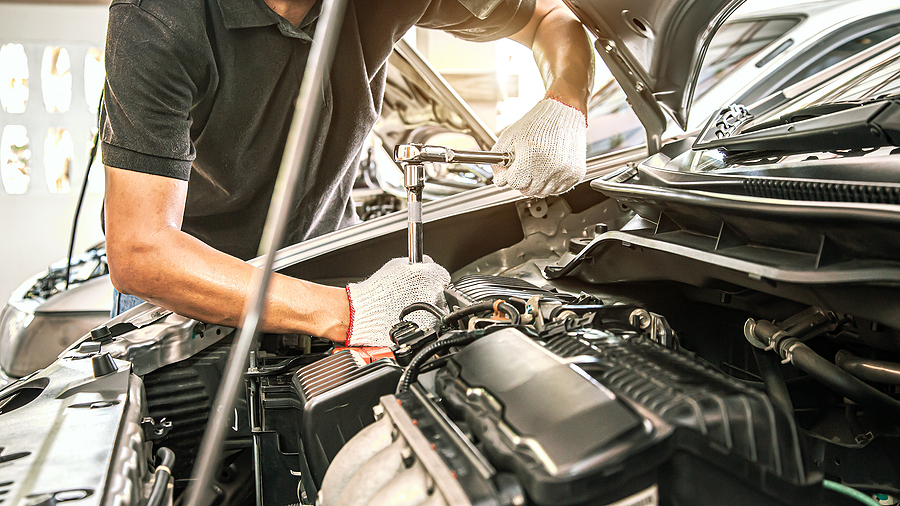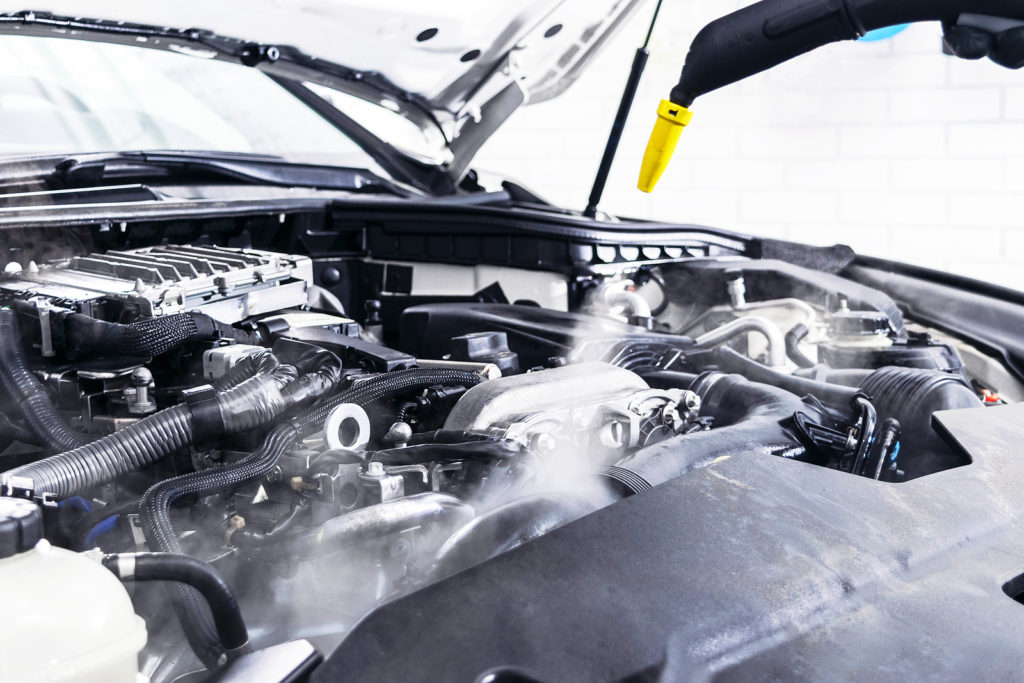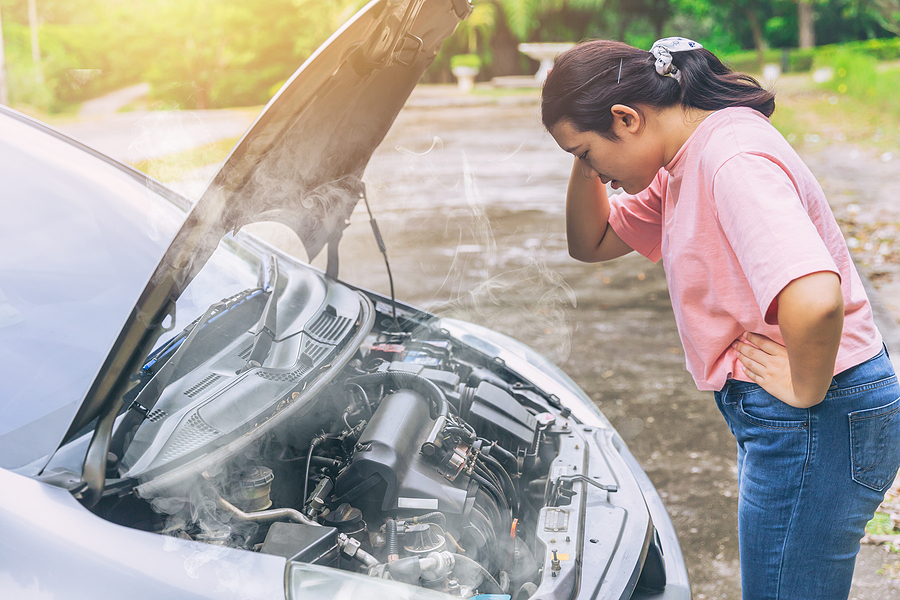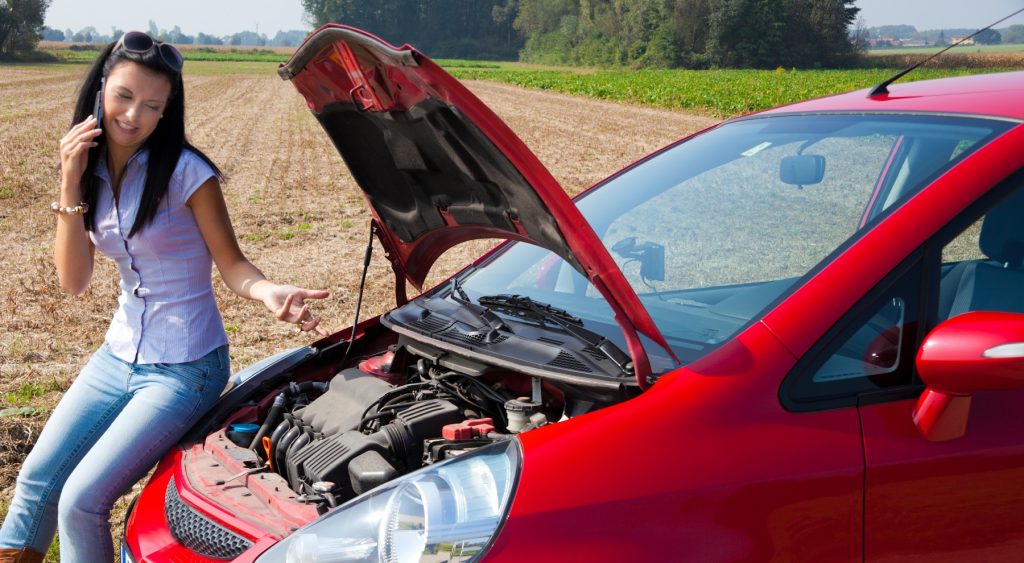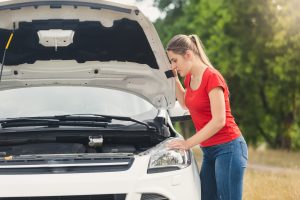Engine misfires can turn your smooth ride into a frustrating experience. When your car suddenly feels like it’s hiccupping, stalling unexpectedly, or struggling to start, you’re likely dealing with an engine misfire—a common yet serious automotive problem that demands immediate attention.
An engine misfire occurs when one or more cylinders fail to ignite the fuel-air mixture properly. This disruption in the combustion process doesn’t just affect your car’s performance; it can lead to decreased fuel efficiency, increased emissions, and potentially costly engine damage if left unaddressed.
Understanding the causes behind engine misfiring is crucial for maintaining your vehicle’s health and avoiding expensive repairs down the road. Whether you’re experiencing rough idling, reduced power, or your check engine light has illuminated, recognizing these warning signs early can save you time, money, and prevent more serious engine problems.
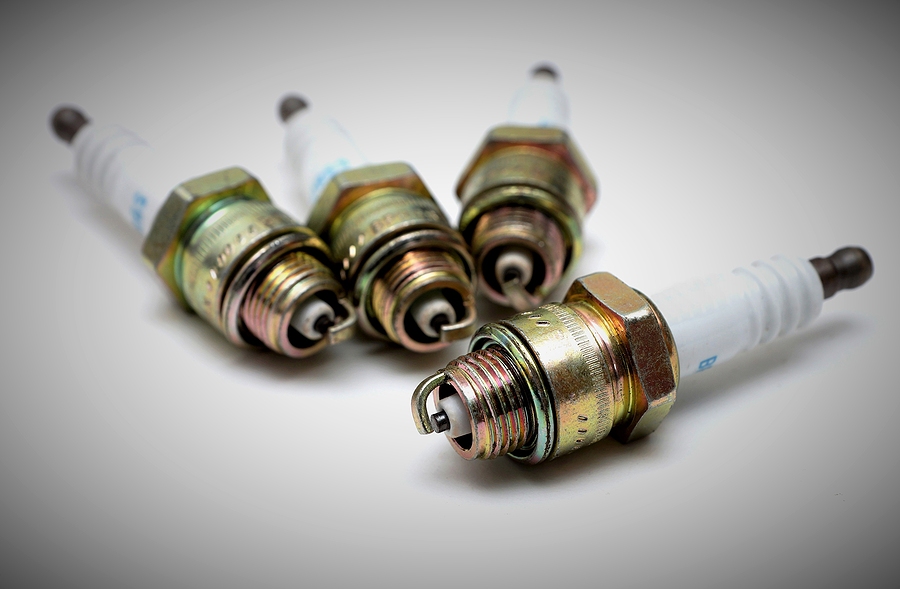
Common Causes of Engine Misfires
Faulty Spark Plugs
Spark plugs are often the primary culprit behind engine misfires. These small but critical components create the spark that ignites the fuel-air mixture in each cylinder. Over time, spark plugs can become worn, fouled with carbon deposits, or damaged, preventing proper ignition.
Signs of faulty spark plugs include rough idling, poor acceleration, and decreased fuel economy. If your spark plugs haven’t been replaced according to your manufacturer’s maintenance schedule, they’re likely candidates for causing your engine problems.
Defective Ignition Coils
Ignition coils work alongside spark plugs to generate the high voltage needed for combustion. When an ignition coil fails, it can’t provide adequate power to the spark plug, resulting in a misfire. Modern vehicles often have individual coils for each cylinder, meaning a single faulty coil typically affects only one cylinder.
Symptoms of ignition coil problems include engine stalling, backfiring, and a noticeable loss of power during acceleration. You might also notice your car won’t start easily or runs roughly at idle.
Clogged or Malfunctioning Fuel Injectors
Fuel injectors deliver precise amounts of fuel into each cylinder. When these components become clogged with deposits or malfunction, they can’t provide the proper fuel mixture needed for combustion. This imbalance often leads to misfires and poor engine performance.
Dirty fuel injectors commonly cause symptoms like rough idling, poor fuel economy, and hesitation during acceleration. Using low-quality fuel or neglecting regular maintenance can accelerate injector problems.
Vacuum Leaks
Your engine relies on a precise balance of air and fuel for optimal combustion. Vacuum leaks allow unmeasured air to enter the system, disrupting this balance and potentially causing misfires. Common sources include cracked vacuum hoses, loose connections, or damaged intake manifold gaskets.
Vacuum leaks often produce a distinctive hissing sound and can cause irregular idle speeds, especially when the engine is cold.
Low Compression Issues
Compression problems occur when cylinders can’t properly compress the fuel-air mixture before ignition. This can result from worn piston rings, damaged valves, or blown head gaskets. Low compression represents a more serious engine problem that often requires professional attention.
Symptoms of compression issues include difficulty starting, excessive oil consumption, and white smoke from the exhaust.
Diagnosing Engine Misfires
Using an OBD-II Scanner
Start your diagnosis with an OBD-II scanner, which can read diagnostic trouble codes (DTCs) from your car’s computer system. Misfire codes typically appear as P0300 (random misfire) or P0301-P0308 (specific cylinder misfires). These codes provide valuable starting points for your investigation.
Visual and Physical Inspections
Examine your spark plugs for signs of wear, carbon buildup, or damage. Check ignition coils for cracks or corrosion. Inspect vacuum hoses for cracks, splits, or loose connections. Listen for unusual sounds like hissing (indicating vacuum leaks) or irregular engine rhythm.
Testing with Diagnostic Tools
Use a multimeter to test ignition coil resistance and voltage output. A fuel pressure tester can help determine if your fuel system is delivering adequate pressure. For compression issues, a compression tester will measure each cylinder’s ability to compress the fuel-air mixture.
Looking for a Qualified Mechanic in Indy? ✨
Solutions for Each Cause
Spark Plug Replacement
Replacing spark plugs is often straightforward for DIY mechanics. Remove the old plugs using a spark plug socket, inspect them for wear patterns, and install new ones with the correct gap specifications. Cost typically ranges from $70-$300 total, including parts and labor.
Ignition Coil Repair
Replace faulty ignition coils with OEM or high-quality aftermarket parts. This repair usually costs between $100-$450 per coil, including labor. Some vehicles require removing other components to access the coils, which can increase labor costs.
Fuel Injector Service
Professional fuel injector cleaning can resolve minor clogging issues and costs $50-$150. Severely damaged injectors require replacement, with costs ranging from $200-$700 per injector, including labor.
Vacuum Leak Fixes
Most vacuum leak repairs involve replacing damaged hoses or tightening loose connections. Parts typically cost $50-$200, with labor adding another $80-$200. Simple hose replacements are often manageable for DIY mechanics.
Compression Problem Solutions
Minor compression issues might be resolved with engine treatments or valve adjustments costing $200-$1,000. Major problems requiring engine rebuilds or engine replacement can cost $1,500-$5,000 or more, making professional evaluation essential.
Preventing Future Engine Misfires
Regular maintenance forms the foundation of misfire prevention. Follow your manufacturer’s recommended service intervals for spark plug replacement, typically every 30,000-100,000 miles depending on plug type.
Use quality fuel with the correct octane rating for your vehicle. Low-quality fuel can contribute to carbon buildup and injector problems. Consider periodic fuel system cleaning to maintain optimal performance.
Monitor your engine’s performance regularly. Pay attention to changes in idle quality, acceleration, fuel economy, or unusual sounds. Early detection allows for less expensive repairs and prevents more serious damage.
Keep your engine bay clean and inspect components periodically for signs of wear or damage. Replace air and fuel filters according to schedule to ensure proper airflow and fuel delivery.
Avoid aggressive driving habits that place excessive stress on engine components. Gradual acceleration and allowing proper warm-up time can extend component life and reduce misfire risk.
Frequently Asked Questions
Can I drive with a misfiring engine?
While you can often drive short distances with a misfiring engine, it’s not recommended. Continued driving can damage your catalytic converter and other expensive components.
How often should spark plugs be replaced?
Replacement intervals vary by plug type: standard copper plugs every 30,000 miles, platinum plugs every 60,000 miles, and iridium plugs up to 100,000 miles.
What’s the difference between a random misfire and a cylinder-specific misfire?
Random misfires (P0300) occur across multiple cylinders and often indicate fuel or air delivery problems. Cylinder-specific codes (P0301-P0308) typically point to spark plugs, ignition coils, or compression issues in that particular cylinder.
Don’t Let Misfires Compromise Your Engine
Engine misfires represent more than just an inconvenience—they’re warning signs that require prompt attention. Understanding the common causes and solutions empowers you to make informed decisions about your vehicle’s care.
While some repairs like spark plug replacement are manageable for DIY enthusiasts, complex issues involving compression problems or fuel system diagnostics often require professional expertise. The key is recognizing when professional help is necessary and acting quickly to prevent minor issues from becoming major engine problems.
Regular maintenance and attentive monitoring of your engine’s performance remain your best defenses against costly repairs. When in doubt, professional diagnosis can save money by identifying the exact cause rather than guessing at solutions.
Schedule a diagnostic appointment today to ensure your engine receives the expert attention it deserves. Northeast Auto Service has the tools and experience to accurately diagnose misfires and recommend the most cost-effective solutions for your specific situation.
Related Post: Clear Signs Your Car Engine Is Malfunctioning




